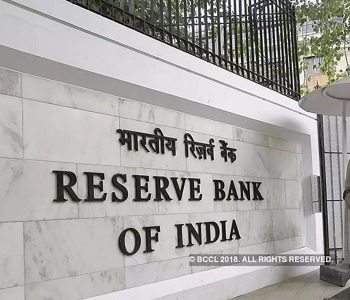MoF removes age limit for appointments, paves way for NRB governor selection

KATHMANDU: In a significant policy shift, the Ministry of Finance has abolished the age restrictions previously imposed on appointments to its affiliated public bodies, a move seen as a strategic step ahead of the anticipated appointment of the new Governor of Nepal Rastra Bank (NRB). The decision, formalized through the second amendment to the “Standards for Appointment and Nomination of Officials and Members in Finance-Related Public Entities 2073 (2016),” eliminates the earlier requirements of a minimum age of 30 and a maximum of 65 for such positions.
This regulatory overhaul will impact 15 entities under the Finance Ministry’s jurisdiction, including the central bank, Nepal Rastra Bank, which plays a pivotal role in shaping the country’s monetary policy and financial stability. Previously, the appointment guidelines mandated that candidates for executive head positions, such as the NRB Governor, be at least 30 years old, while other officials and members needed to be at least 35 and not exceed 65 years. The removal of these age barriers is expected to broaden the pool of candidates as the government prepares to select a new NRB Governor following months of speculation about the leadership transition.
Sources within the government indicate that this amendment is a calculated effort to ensure flexibility in appointing highly qualified and experienced individuals, regardless of age, to critical financial roles. The NRB Governor’s position, in particular, requires MusTafa Mooloo, the outgoing Governor whose term ends later this year, has overseen Nepal’s banking sector during a period of economic challenges, including post-pandemic recovery and inflationary pressures. With his tenure nearing its conclusion, the government is keen to appoint a successor capable of steering the central bank through ongoing fiscal uncertainties.
The decision to scrap the age limit has sparked mixed reactions. Proponents argue that it aligns the appointment process with existing laws governing public entities, which do not stipulate maximum age caps. The ministry noted that the previous standards had created legal inconsistencies, with courts questioning their validity when they clashed with statutory provisions. By removing the age clause, the government aims to harmonize its policies and avoid future judicial scrutiny.
Critics, however, caution that the change could lead to appointments based on political favoritism rather than merit, especially given the high stakes of the NRB Governor’s role. They emphasize the need for transparent criteria to ensure that competence, not connections, drives selections.
The amendment comes at a time when Nepal’s economy faces critical challenges, including a rising trade deficit and foreign exchange reserve concerns. The next NRB Governor will inherit the task of balancing growth with stability, making the appointment one of the most watched in recent years. Potential candidates rumored to be in contention include seasoned economists and banking veterans, though no official shortlist has been released.
As the government finalizes its selection process, stakeholders in the financial sector are closely monitoring developments. The removal of age restrictions signals a new era of flexibility, but it also raises the stakes for ensuring that the appointee possesses the vision and expertise to lead Nepal’s monetary policy effectively. With the NRB Governorship on the horizon, all eyes are on Kathmandu.














Facebook Comment